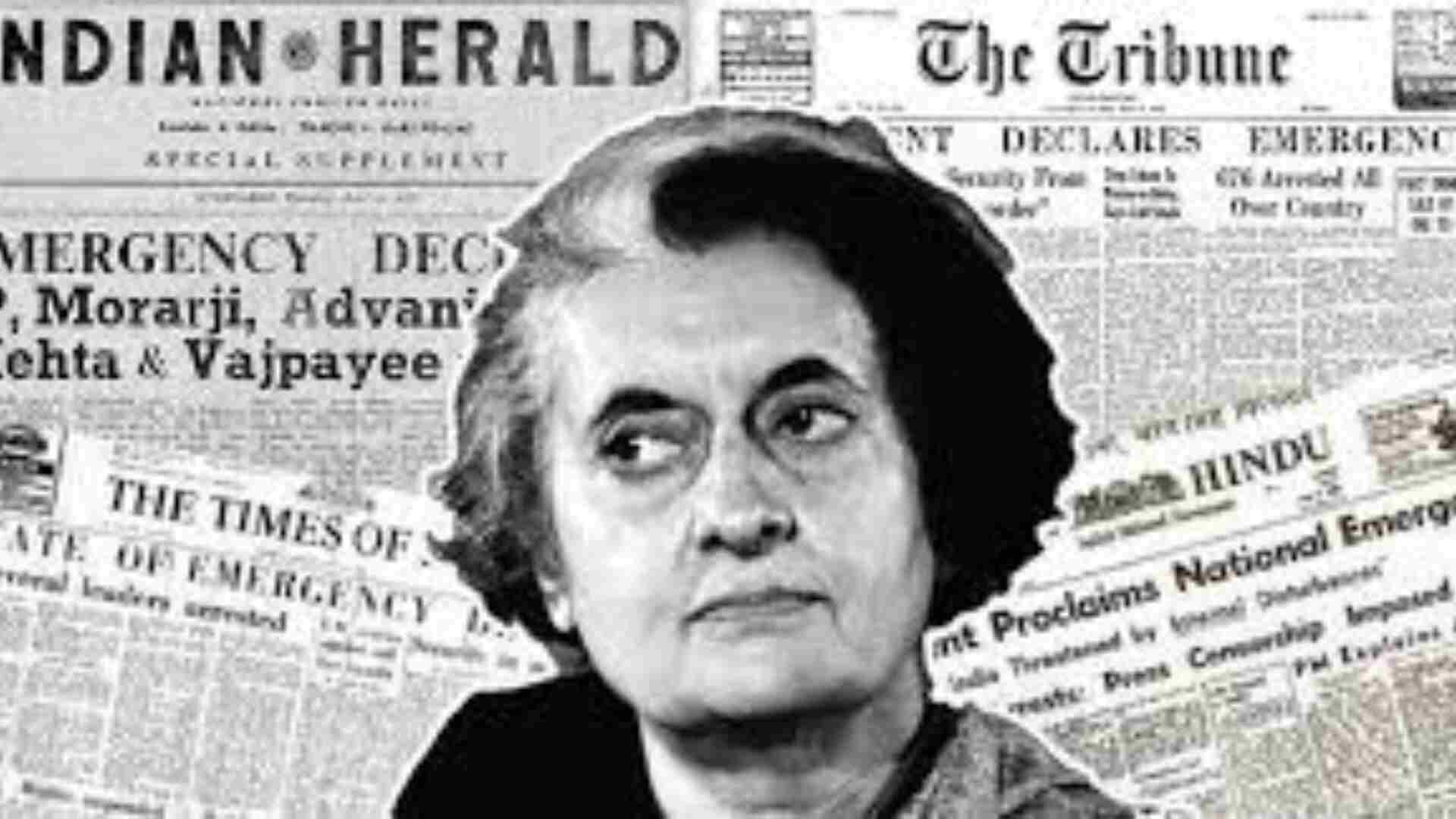As today marks 50 years since the historic Emergency, Prime Minister Narendra Modi described it as a “black spot” on India’s democracy during the inaugural session of the new Lok Sabha on Monday.
PM Modi’s Address
During his address, PM Modi remarked, “The new generation of India will never forget that the Constitution of India was completely rejected, every part of the Constitution was torn to pieces, the country was turned into a prison, democracy was completely suppressed.”
He continued, “While protecting our Constitution, while protecting the democratic traditions, the countrymen will take a resolution that no one will dare to do such a thing in India again which was done 50 years ago. We will take a resolution of a vibrant democracy. We will take a resolution to fulfil the dreams of the common people as per the directions of the Constitution of India.”
Recalling the Emergency
Fifty years ago, on this day, then Prime Minister Indira Gandhi declared, “The President has proclaimed the Emergency. This is nothing to panic about. I am sure you are all aware of the deep and widespread conspiracy, which has been brewing ever since I began to introduce certain progressive measures of benefit for the common man and woman in India” – as announced on All India Radio on June 25, 1975.
Reasons Behind the Declaration
The two-year-long Emergency, lasting from June 25, 1975, to March 21, 1977, is considered the darkest period in independent India’s history and a significant turn in the evolution of the Indian National Congress.
Indira Gandhi, who became Prime Minister in January 1966, faced rising opposition after the Congress split in November 1969 due to her expulsion for party discipline violations. By 1974, demonstrations against her government had surged.
Indira Gandhi’s 1971 Lok Sabha election win from the Rae Bareli seat was challenged by socialist leader Raj Narain, alleging electoral malpractices and violations of the Representation of the People Act, 1951. Allegations included her election agent being a government servant and misuse of government officials for her campaign. The Allahabad High Court found her guilty on June 12, 1975, disqualifying her from Parliament and imposing a six-year ban on holding elected office.
This verdict was a primary catalyst for the Emergency declaration, issued by President Fakhruddin Ali on June 25, 1975, under Article 352 of the Constitution, citing “internal disturbances.” This order canceled elections and granted the Prime Minister ultimate powers.
The Emergency’s Impact
During the Emergency, all fundamental rights were curtailed, political leaders imprisoned, and media censorship imposed. The government also banned trade union activities, strikes, and enforced fixed wages without bonuses.
Sanjay Gandhi, Indira’s son, launched a mass sterilization program and demolished slums for city ‘beautification’ without prior notice. Protests against these measures, notably led by Jayaprakash Narayanan, were widespread.
Post-Emergency Developments
On March 21, 1977, Indira Gandhi lifted the Emergency and called for General Elections. The Congress party was defeated, and the Janata Party, led by Morarji Desai, won a majority with 298 seats in the Lok Sabha. Morarji Desai became the first non-Congress Prime Minister, and Indira Gandhi lost her Rae Bareli seat to Raj Narain by over 55,000 votes.
The newly elected Janata Party government in 1977 repealed the Maintenance of Internal Security Act (MISA), which had been used during the Emergency to detain people without charges.
LK Advani, the Information and Broadcasting Minister in the Janata Party government, criticized the media for supporting Indira Gandhi during the Emergency, stating, “When asked to bend, they were willing to crawl.”









